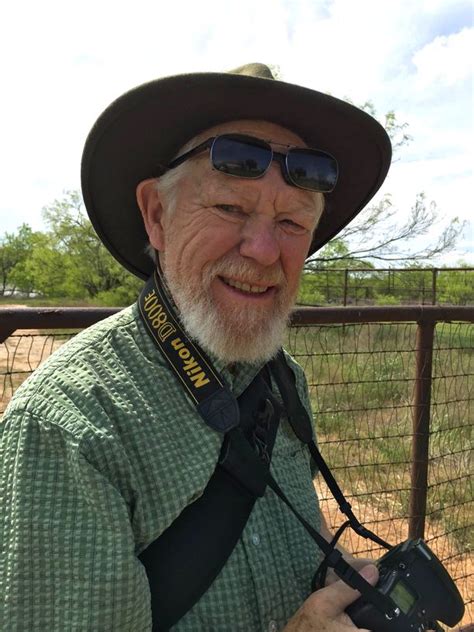A Quote by Khaled Hosseini
People talk about apathy, especially in developed countries. We're kind of lulled into these tranquil lives, and we are pursuing our own thing and there is so much suffering on a mass scale around the world that you kind of become fatalistic. You might think suffering is inevitable, you kind of lose your sense of moral urgency. But there is always something you can do for someone in the world.
Related Quotes
I think we start suffering as soon as we come out of the womb. I think that people tend to stereotype. When they think of suffering, they think of abuse - physical abuse, emotional abuse, poverty, that kind of thing. There's different levels of suffering. I don't think that it has to do with how much money you have - if you were raised in the ghetto or the Hamptons. For me it's more about perception: self-perception and how you perceive the world.
I'm not trying to be mean. You [ Nicholas Kristof] have written about climate change. You're really concerned and you've thought a lot about the suffering of people in other countries. It doesn't seem like you have thought that deeply about the suffering of your fellow Americans. You don't have the solutions say as you do for global warming. And my question is: Isn't it always easier for the elites to identify with abstractions or poor people in other countries and kind of ignore their own country men. I have noticed this. Have you noticed that?
Pain in life is inevitable but suffering is not. Pain is what the world does to you, suffering is what you do to yourself [by the way you think about the 'pain' you receive]. Pain is inevitable, suffering is optional. [You can always be grateful that the pain is not worse in quality, quantity, frequency, duration, etc]
Do not avoid contact with suffering or close your eyes before suffering. Do not lose awareness of the existence of suffering in the life of the world. Find ways to be with those who are suffering by all means, including personal contact and visits, images, sounds. By such means, awaken yourself and others to the reality of suffering in the world.
I think that it is a part of growing up, learning to control our suffering. I think that when we grow up, and learn that happiness is rare, and passes quickly, we become disillusioned and hurt. And how much we suffer is a mark of how much we have been hurt by this realisation. Suffering, you see, is a kind of anger. We rage against the unfairness, the injustice of our sad and sorry lot.
The world is full of suffering. Birth is suffering, decre- pitude is suffering, sickness and death are sufferings. To face a man of hatred is suffering, to be separated from a beloved one is suffering, to be vainly struggling to satisfy one's needs is suffering. In fact, life that is not free from desire and passion is always involved with suffering.
A considerable proportion of the developed world's prosperity rests on paying the lowest possible prices for the poor countries' primary products and on exporting high-cost capital and finished goods to those countries. Continuation of this kind of prosperity requires continuation of the relative gap between developed and underdeveloped countries - it means keeping poor people poor. Increasingly, the impoverished masses are understanding that the prosperity of the developed countries and of the privileged minorities in their own countries is founded on their poverty.
If we take the time to look deeply, we see that understanding and compassion arise from suffering. Understanding is the understanding of suffering, and compassion is the kind of energy that can transform suffering. If suffering is not there, we have no means to cultivate our understanding and our compassion. This is something quite simple to see
I see the experience of pictures as a kind of cycle, a kind of circular motion in which you're in the world, then you enter the picture and you're in a different world (it's not the same as the one you live in, but recognizable as one you might live in). And then you're returned to your world with an enlarged sense of its possibilities.
So the Buddha is presenting awakening not as a single mystical experience that may come upon us at some meditation, some private moment of transcendence, but rather as a new engagement with life. He is offering us a relationship to the world that is more sensitized to suffering and the causes of suffering, and he gives rise to the possibility of another kind of culture, another kind of civilization.





































